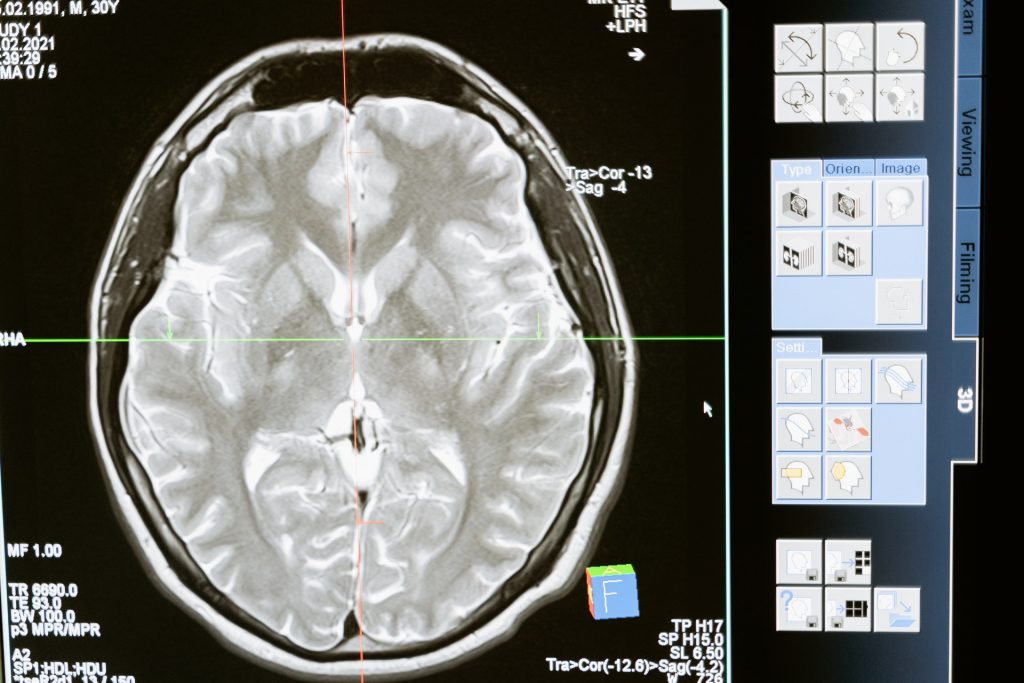
Despite the greater safety and efficacy of a new short course treatment for HIV-related cryptococcal meningitis (CM), access to the treatment in South Africa will be a challenge, according to a pair of articles by Spotlight.
Following positive results of a trial, the World Health Organization last week announced new recommendations for the treatment of CM, with a single high dose of L-AmB followed by two weeks of flucytosine and fluconazole.
Using L-AmB (AmBisome) and flucytosine for the treatment of CM will be a welcome change for South Africa, which has the world’s highest burden of the condition. This shorter course with fewer side effects than the current treatment involving amphotericin-B could save lives as well as clinical resources in the public sector, but at present the treatment is hamstrung by pricing and availability uncertainty, with a course of L-AmB currently only available at a steep cost.
“Amphotericin B [deoxycholate] is a drug that doctors and nurses used to call ampho-terrible,” Amir Shroufi, Médecins Sans Frontières (MSF) Southern Africa board member told Spotlight.
He explained that “it’s a really nasty drug, doctors and nurses don’t like it because it can cause severe anaemia. It’s toxic to the kidneys, so it can cause kidney damage and even kidney failure… and the infusion line used for the drug can often become infected and it can cause inflammation of the veins where it’s going into the body.”
L-AmB is a “much better drug”, he said, with great benefits of administering it for one day as opposed to a week or two. The seriousness of CM meant hospitalisation will still be required, pointed out Dr Jacqui Miot, division director of the Wits Health Economics and Epidemiology Research office, but means that patients won’t be tethered to a drip and may be able to go home sooner.
Under the treatment regimen, a patient receives a single high dose of L-AmB on the first day of treatment, followed by a 14-day course of flucytosine and fluconazole pills.
For a 60kg patient at the recommended dosage, twelve 50mg vials of L-AmB are needed, which at Gilead’s promised access price would be R2 880. Key Oncologics’ currently charges R34 560 for 12 vials.
Even given the availability of L-AmB, Shrouifi warns that “whatever you’re doing, you have to have flucytosine. That’s your baseline, even if you’re giving liposomal amphotericin B, you have to have the flucytosine”.
Flucytosine is an old, off-patent medicine developed in the 1950s. Despite its age and its demonstrated efficacy in the landmark ACTA trial four years ago, flucytosine was only recently authorised for use in South Africa and is only slowly being rolled out.
Amir Shroufi warned that access to the life-saving medicine remains a major issue. “Doctors are not being given the tools they need to treat [CM],” he said. “The first tool they have to have is flucytosine and they still don’t have flucytosine. So, that’s the thing that needs to happen urgently, you know, tomorrow! Everyone with cryptococcal meningitis must get access to flucytosine.”
Like L-AmB, Mylan’s 250mg and 500mg flucytosine tablets were only registered recently, in December 2021. The Department of Health’s target price for a pack of 100 tablets is R1 500. Fortunately, it appears that the Clinton Health Access Initiative (CHAI) will be able to secure packs of 100 at R1 470 each for use in South Africa’s flucytosine access programme.
The next steps for rollout of flucytosine will be inclusion on the national essential medicines list and in CM treatment guidelines before tenders can be put out.
Source 1: Spotlight
Source 2: Spotlight

